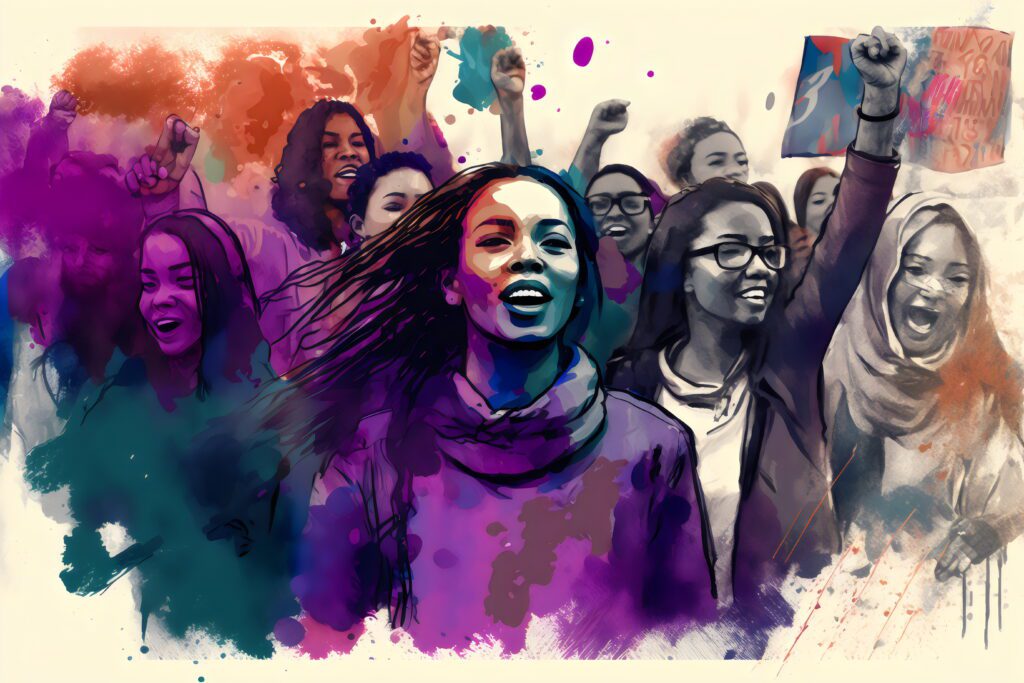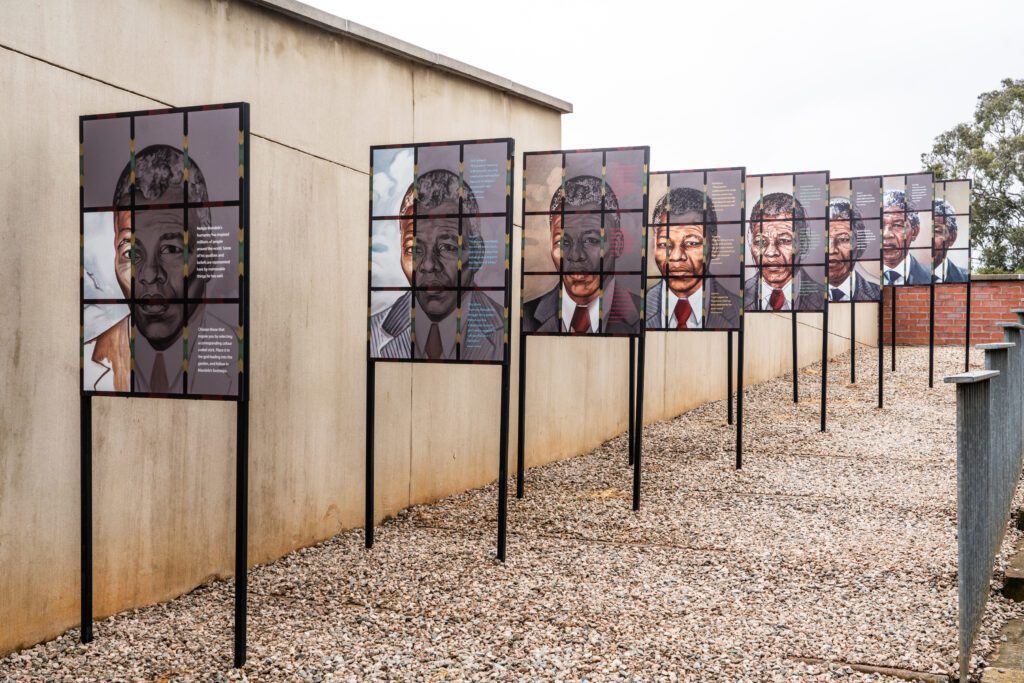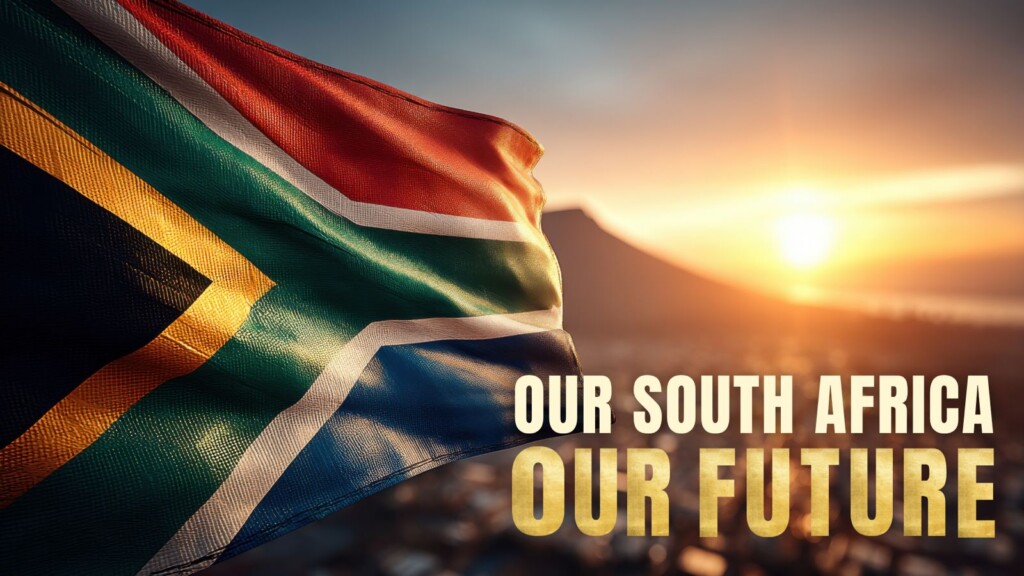The Challenge of Having Higher B-BBEE Level Companies Yet Transformation Remains Docile

Indeed thirty years into the democratic dispensation our dearly beloved country South Africa has gone through various episodes and mutations, in her quest to realize the liberation of the previously oppressed majority. Notably, it was the introduction of the BEE policy then the subsequent B-BBEE policy as a key tool to provide the much needed clear and focused direction with deliberate and measurable solutions following the apartheid economic exclusion of the masses.
Unquestionably, the fundamental positive effects of B-BBEE policy translated to skills development, employment equity, preferential procurement and lastly enterprise development. In brief reflection at the numbers, in July this year Bloomberg shared that black ownership of businesses dropped by 1.5% to below 30%. The B-BBEE Commission stated that black management control dropped by 5.4% to 51.6%, with a significant decline in black women ownership by 4% to 20% in the 22/2023 financial year. Regrettably there is currently 0% of entities that are 100% black-owned on the JSE.
And it doesn’t stop there, as the trend seems to be a downward spiral post-Covid. So this exposes weak resilience and poor risk management structures for black businesses against economic shocks. Worryingly, the latest transaction analysis report of the B-BBEE Commission further shows some discrepancies. For the 22/2023 financial year there were 50 major B-BBEE transactions a decline by 7 from the previous year. On the contrary, the total value of registered transactions in the 22/2023 financial year increased by R28.989 billion to R35.870 billion. In short the monetary value of B-BBEE transactions has doubled, the actual number of B-BBEE transactions has dropped, which in lay-man’s terms means although the business of B-BBEE is growing there is even more exclusion of blacks.
Nonetheless, the BMF organization has always been a voice of caution in as far as B-BBEE policy is concerned. In 2006 former BMF president Dr Lot Ndlovu, in an interview with the CEO Magazine expressed his concern that there wasn’t enough being done with the opportunities that existed in the economy for the previously disadvantaged. Further he highlighted the threatening confusion that political transformation was likened to business transformation. In hindsight it is easy to understand that these sentiments were not only accurate but foretelling, coming from the very organization that played a key role in the formulation and design of the same B-BBEE policy.
So then this begs the question, as to what is going on and almost immediately without deep thought just by mere “out of the window” observation there are a multitude of evident causes of this dilemma. The main being that 30 years into democracy there is significantly low levels of much needed knowledge for business in the majority of citizens. Then there is poor business management and unethical leadership which further causes a brain-drain that stupefies any ambition.
From a government point of view, the employment equity policy was easy to manage resulting in huge increases in black employees.
However, the occurrence of state capture deepened the erosion of the ethical principles in state procurement plans which in turn undermined fairness and entrenched corruption so that B-BBEE companies were simply fronts established by whites with black faces. On the adverse in 1994 the private sector was dominated by white companies and since they had good business experience prior, this translated to a competitive advantage over their non-white counterparts. More devastating is the blatant poor transfer of skills to black professionals employed in white companies.
Which some have termed “neo-apartheid” and thus being a subtle white monopoly capitalism that maintains a white ceiling where black managers cannot go beyond. It also doesn’t help that the black youth mostly aspire to be in the secured employment of white-collar jobs and specialized professional services in the middle class of society to live comfortable lives.
Perhaps one ideological explanation is that because contemporary business is entrenched in aggressive western culture which then becomes undesirable to the ubuntu afro-culture ways of the majority. Either way the concerning picture painted above should permit more relevant and current solutions as we pave the way into the next 30 years.

ABOUT THE AUTHOR
Tobela is a BMF member who is also part of the Policy and Research Committee (PRC). Subsequently Mr Twala is Board Member of the South African Planning Institute (SAPI) by virtue of being the Gauteng Provincial Chairperson. He is also part of the SAPI Planning Africa Conference 2024 Committee. Tobela is currently pursuing his PhD at the University of KwaZulu Natal.
He has obtained an MBA from through Scholarship Award at the South China University of Technology. He is a member of the Golden Key International Honour Society.






Hi Tobela. I would want to add that the passive nature of the majority of the population (i.e. black communities) provides fertile ground for all of what you mentioned and more. I believe there are practical steps that the BMF can implement to build a more woke business and professional community among black South Africans, however there is still a huge void even in that. Those practical steps must include making BBBEE and transformation a societal program, not just a government program. Black-owned SMEs need to be encouraged and given/assisted (by the BMF) to create a platform where they can become custodians of true transformation by aggressively inspecting and monitoring score cards of potential clients and investigating whether there is true transformation without fronting, collusion with rating agents, etc. Similarly, the broader black professional society needs to be encouraged to consciously spend their money on black owned / transformed entities. We should know if the Pick ‘n Pay around the corner is transformed (do they stock from black farmers?) If they are not, that market needs to actively withhold their support from it. Similarly with insurance, panel beaters, etc. It is clear that due to issues such as corruption and fronting, BBBEE will not yield radical economic transformation if the broader society remains passive.
Absolutely Bro Mncedisi, you are spot on. I like the fact that you are urging the masses at large to be part of the holistic programme of transformation especially in community based commerce and SMEs. I further concur that BMF is crucial in that regard and I also support the key role we as a thought leadership institution should play. Indeed these grey areas give me e lot of hope for a better tomorrow as young leaders such as you and I are ready and willing to serve our country.